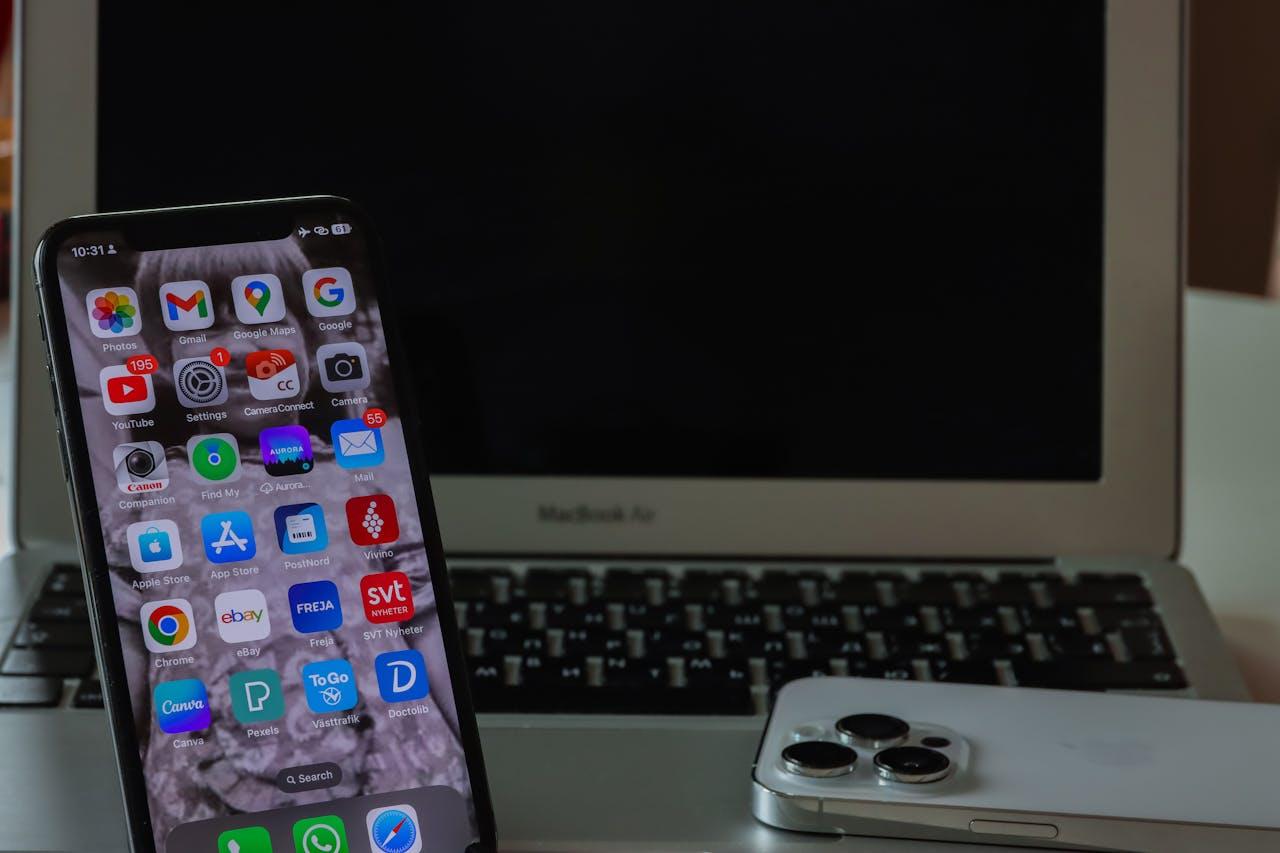2025-03-01 00:00:00-05:00
The Rise of Social Media Poker: How the Web Created a New Generation of Players

Poker has always been more than just a game. It is a test of skill and psychology, of adaptability. In earlier times, mastering poker meant long hours spent in either casinos or at-home games, refining your strategies through face-to-face interaction. But now, with the explosion of social media and digital platforms, a new type of player is emerging---one influenced by online communities, streaming videos, and mobile games - which we all know are huge right now.
How Social Media Changed Poker Culture
Social media has transformed the way people study and play poker. Platforms like YouTube and Twitch are virtual classrooms where seasoned experts dissect hands, explain their strategies, and interact with audiences in real-time. This ready access has permitted those just getting started to hone skills in preparation for actual play.
Social media has made poker into a sport for spectators as well as participants. Players stream their sessions, adding live commentary, chatting with viewers, and showing off their skills. This interactive approach has led to increased interest in the game.
The Convenience of Mobile Poker
One of the biggest changes in recent years has been the ability to play poker easily on mobile devices. Thanks to dedicated poker apps, it is now possible for players to indulge in mobile poker play around the clock. The transition from watching a poker guru on Twitch to testing out their strategies in a mobile game is both seamless and swift, hastening skill development for many new players. It's easy to play mobile poker with today's level of accessibility, unlike in the past, when traditional settings required travel and scheduling.
This approach has really caught on. Now, people can play this game on the go, on buses or trains, or in periods of downtime while waiting for something else to happen. It's not just a way to pass a few idle minutes either. The strategy and social analysis it requires can sharpen your mind and improve your skill in other areas as well.
A quick poker game can last only a few minutes, making it the perfect activity to squeeze in between other tasks, and a great way to keep your mind sharp instead of succumbing to boredom.
The Social Element of Online Poker
Poker has always been a social game, but the arrival of the Internet definitely increased this factor. Online forums, social media groups, and hobby-oriented poker communities mean there's never been an easier (or more powerful) way for players to exchange insights, compare strategies, and collaborate on improving their gameplay. The resources that you can find in these digital spaces have been a massive help to new players, and not just in terms of the lessons learned. The confidence gained from interacting with a friendly and helpful community is a huge factor too.
In addition, social media platforms have rolled out things like interactive quizzes, town hall meetings, and live hand analyses. This degree of interactivity allows players to amend their strategies based on collective review, producing a community that thrives on cooperation between individuals. Poker platforms further enhance this dynamic by interacting with users on social media and being aware of how social media can drive engagement. This will inform their relationships with their users in positive ways.
A New Generation of Poker Enthusiasts
Essentially, all this means that the accessibility of poker through social media and mobile platforms has caused an influx of fresh talent. Unlike days gone past, when people needed to find other players and join live games in order to learn from the basics, today's players have a huge body of literature available. They can study game theory, watch professionals playing in real-time, and test out new strategies via mobile apps instantly.
| Factor | Traditional Poker | Social Media & Online Poker |
|---|---|---|
| Learning Curve | Slow, in-person experience | Fast, with online resources and tutorials |
| Accessibility | Requires physical presence | Play anytime, anywhere via mobile and online platforms |
| Community | Limited to local games and casinos | Global interaction through social media and streaming |
| Game Speed | Slower, longer sessions | Faster, more dynamic gameplay |
| Player Confidence | Built through real-world experience | Developed through digital practice and engagement |
The Future of Social Media Poker
In terms of human history, poker is becoming more creative all the time. Increasingly sophisticated AI tools, as well as more interactive functions, are likely to appear in the near future. The result will naturally be a deeper degree of player engagement. Meanwhile, innovations like virtual reality poker combine the best of both online gaming and live play.
Ultimately, social media has made poker more accessible and amusing than ever before---to the point that people are talking about the practical mental applications behind poker. And if you are interested in the details, this video might be a great place to get started and learn about what's going on in the brain of a poker enthusiast!